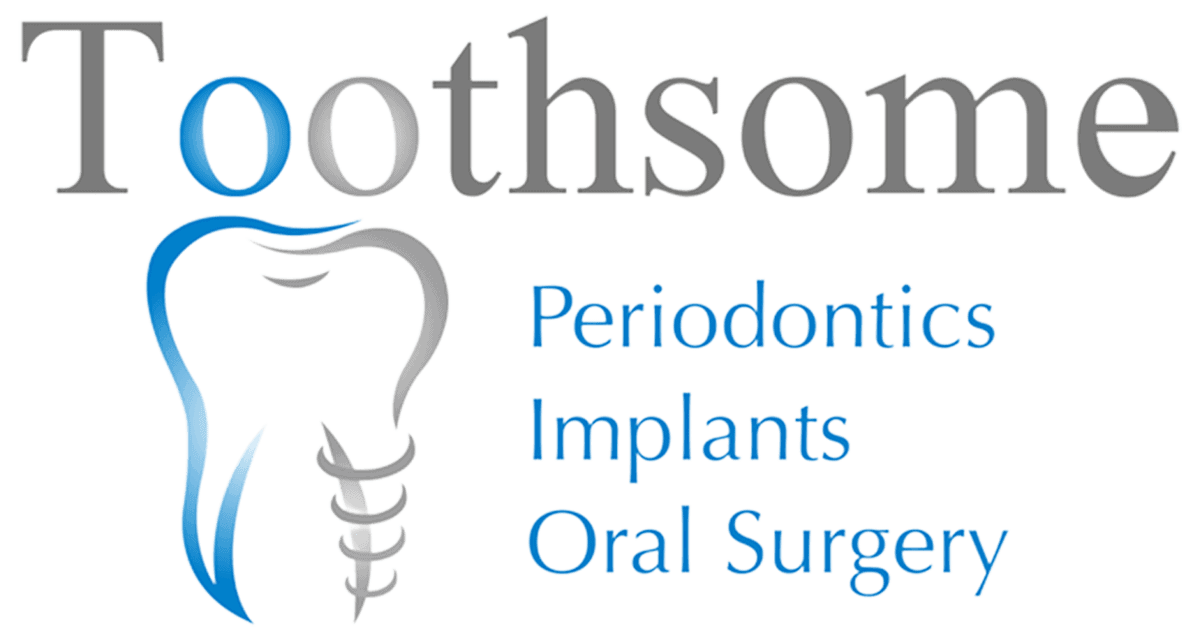
When we think about dental hygiene and oral health, we often think about our teeth and preventing cavities. But just as crucial to overall oral health are the gums that support our teeth. Healthy gums are vital to giving your teeth a firm foundation to thrive and contain the blood vessels that provide nutrients healthy teeth need, which is why good oral hygiene habits are so important to maintaining healthy gums.
Regular brushing and flossing to eliminate plaque and tartar, your gums can become infected. If left untreated, gum disease can lead to more severe dental issues such as bone damage or tooth loss. Several symptoms may be signs of gum disease. Here’s what to look for and what to do if you spot any signs of potential gum disease.
What is Gum Disease?
Gum disease, also known as periodontal disease, is an infection of the gums that causes damage to soft tissue and without proper treatment, can lead to bone and tooth loss. Periodontics is a critical facet of dentistry because it focuses on your gums and jawbone’s health to improve your overall oral health.
Besides causing dental problems, gum disease can affect your overall health. Several recent studies have linked gum disease to heart disease, diabetes, and arthritis.
Signs of Gum Disease
While not always the result of gum disease, there are many signs and symptoms that may point to potential periodontal disease. Some of the most common signs of gum disease include:
- Gums that are swollen or puffy
- Gums that feel tender to the touch, especially when brushing or flossing
- Gums that appear red or purple
- Gums that bleed when brushing, flossing, or eating
- Gums that appear to be shrinking or receding from your teeth
- Chronic bad breath
- Loose adult teeth
- Pain when you chew
- Pus between your gums and teeth
- The development of new spaces between teeth
- A noticeable change in your bite
If you have gum disease, you need treatment immediately. Waiting too long before seeking treatment could cause poor oral health and tooth loss. If the bacteria from your gum infection enters your bloodstream, it could also cause health issues in other parts of your body.
Types of Gum Disease
One of the most common causes of gum disease is plaque, a thin film of bacteria that sticks to your teeth. While following a strict oral health hygiene routine, including flossing and brushing twice daily, can help reduce plaque buildup, you also need to see a dentist for a thorough cleaning regularly.
The longer plaque stays on your teeth, the harder it becomes. As it hardens, it can build under your gum line, turning into tartar or calculus. Because tartar is so hard, a regular toothbrush won’t remove it. Call the team at Toothsome to arrange a professional cleaning appointment and to discuss your gum health. If you don’t remove the tartar, it can lead to tooth decay and eventual loss.
Gingivitis is the most common of gum disease, with about 20% of Australians over the age of 15 developing it in their lives. While relatively mild, it can cause inflammation and discomfort. If not treated, it can turn into a more severe gum disease called periodontitis.

Gum disease becomes periodontitis when small pockets filled with bacteria, tartar, and plaque form at the gum line. If left untreated, the pockets fill with more bacteria, eventually causing tooth and bone loss. Continuous inflammation can affect your immune system’s ability to react to other diseases, making you more prone to catching colds.
Gum Disease Treatment
At Toothsome, Dr. Patty Chou offers treatment for most stages of periodontal disease. At your first appointment, she takes a full medical history, including asking about past gum disease and your smoking history. After performing a thorough oral examination, she may also take X-rays of your teeth and gums.
Depending on how advanced your gum disease is, there are several treatment options available at Toothsome.
The first step is usually a non-surgical periodontal therapy. Dr. Chou uses root planing and scaling to remove the plaque and tartar from the roots of your teeth, which sit underneath your gums. Once removed, your inflammation should reduce. After the procedure, brush and floss regularly to prevent more plaque from building up.
If you have more advanced periodontal disease, you may require surgical periodontal therapy. If your gums have receded significantly, Dr. Chou may perform a gum graft using either gum tissue from another area of your mouth or a healthy donor, to ensure that your gums cover and protect the root of your teeth.
Other surgical procedures used to treat advanced periodontal disease include guided gum tissue and bone regeneration, surgical tooth exposure, and dental implants.
Prevent Gum Disease
Even before you see the first signs of gum disease, you can take action. By brushing and flossing every day, seeing your dentist regularly, and quitting smoking, you can reduce your chances of developing gum disease.
As soon as you see signs of gum disease, make an appointment at Toothsome. Early treatment can help reduce complications and is also often less invasive. Waiting for too long could mean you need to go through a surgical procedure with a longer recovery time.
Treat Your Gums Today At Toothsome
Whether you have just noticed tenderness in your gums or recently lost a tooth because of infected gums, we can help you treat your gum disease. Call us today on (02) 8203 8786 to arrange your first appointment and learn more about how Toothsome Implants Chatswood can help you improve your oral health.
Note: Any surgical or invasive procedure carries risks. Before proceeding, you should seek a second opinion from an appropriately qualified health practitioner.


